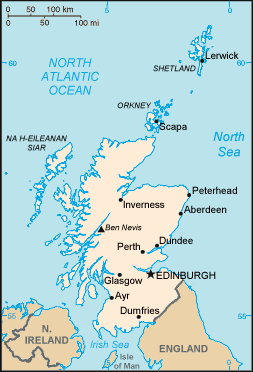Scotland health officials have received at least four notifications of wound botulism cases (3 confirmed and one probable) since February. The source of the infection is believed to be heroin contaminated with Clostridium botulinum spores.

The first case, in NHS Fife, presented in early February 2019 and has been confirmed microbiologically. Two further cases presented in mid-late March in NHS Lanarkshire and NHS Greater Glasgow and Clyde (GGC) respectively, and have also been confirmed microbiologically.
In the past few days, a further probable case from NHS Lanarkshire presented.
All cases presented with clinical features consistent with wound botulism, and all involve people who inject drugs (PWID). There have been no deaths among the identified cases.
The last confirmed case of wound botulism among PWID in Scotland was in 2017.
Botulism is a rare, potentially fatal paralytic illness caused by the neurotoxins produced by Clostridium botulinum. Wound botulism occurs when a wound is contaminated by C. botulinum spores that germinate and produce toxin inside the wound. Wound botulism in drug abusers occurs in dermal abscesses from subcutaneous or intramuscular injection (skin or muscle “popping”).
- Dengue outbreak update for Palau
- Mumps outbreak: 20 confirmed cases at IU Bloomington
- Los Angeles County measles outbreak investigated
- Australia: ‘The dengue mosquito is the main danger for spreading Zika’
- April is National Donate Life Month: LifeLink of Florida honors the spirit of donors
- Measles cases in the US rise, FDA statement on MMR vaccine
- Dengue cases top 500K in the Americas
- Mayotte Rift Valley Fever: 12 new animal foci and 5 new human cases


One thought on “Scotland: Several wound botulism cases reported since February”